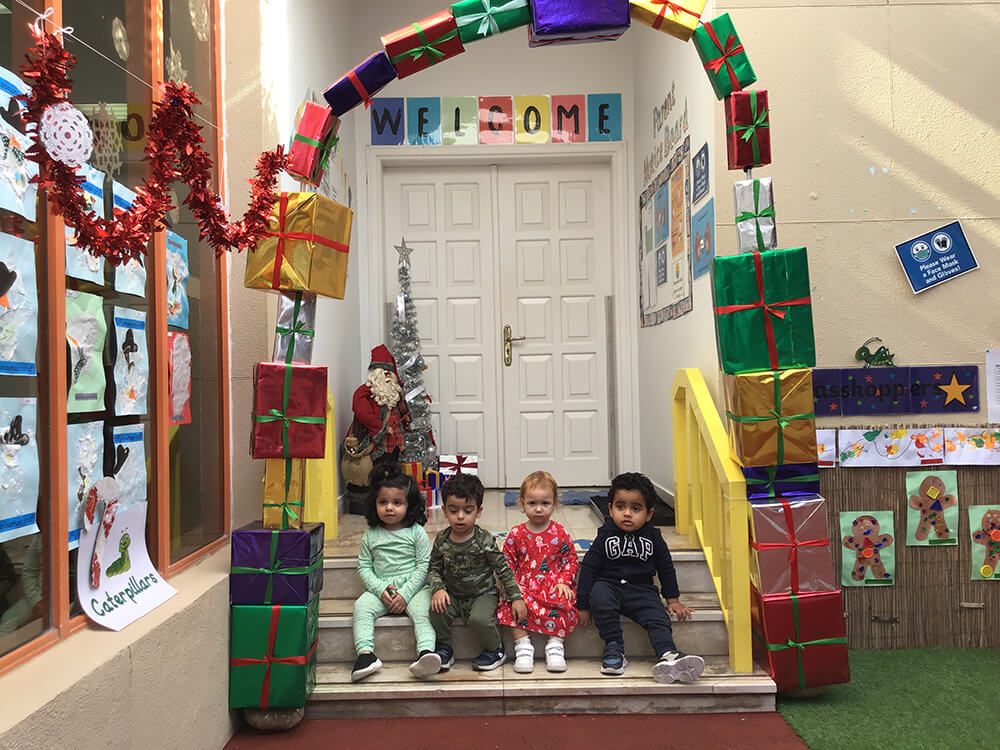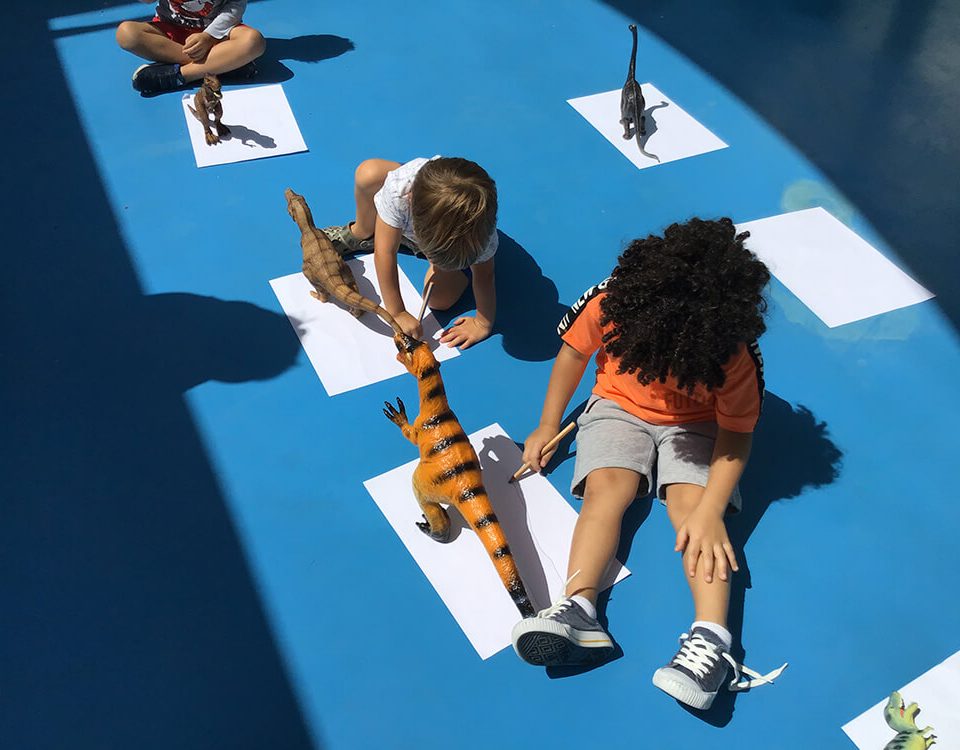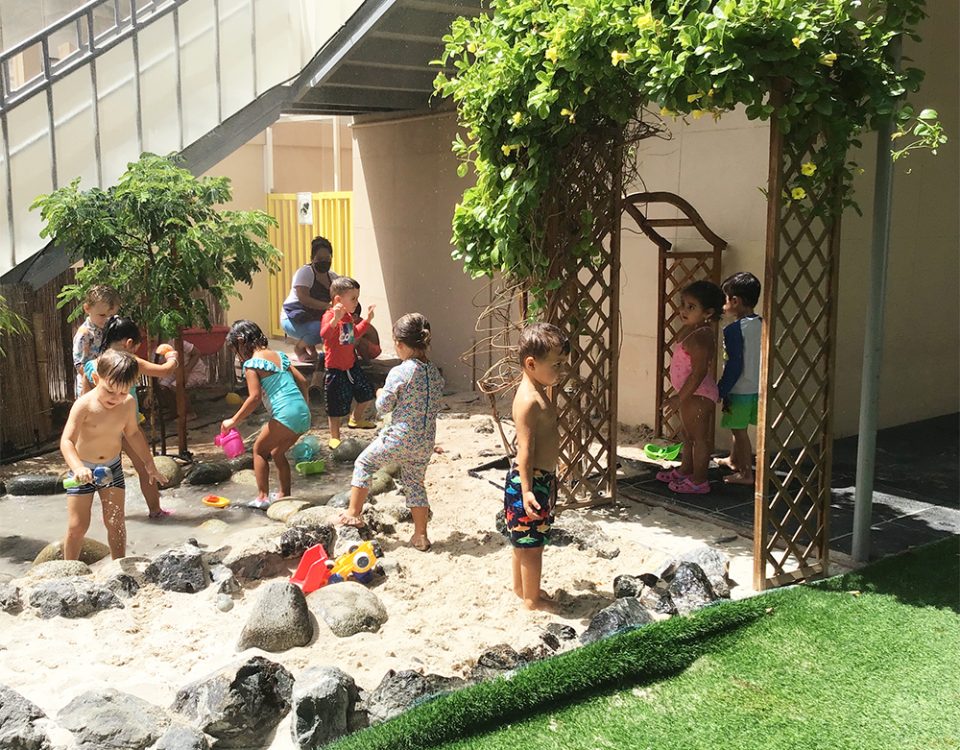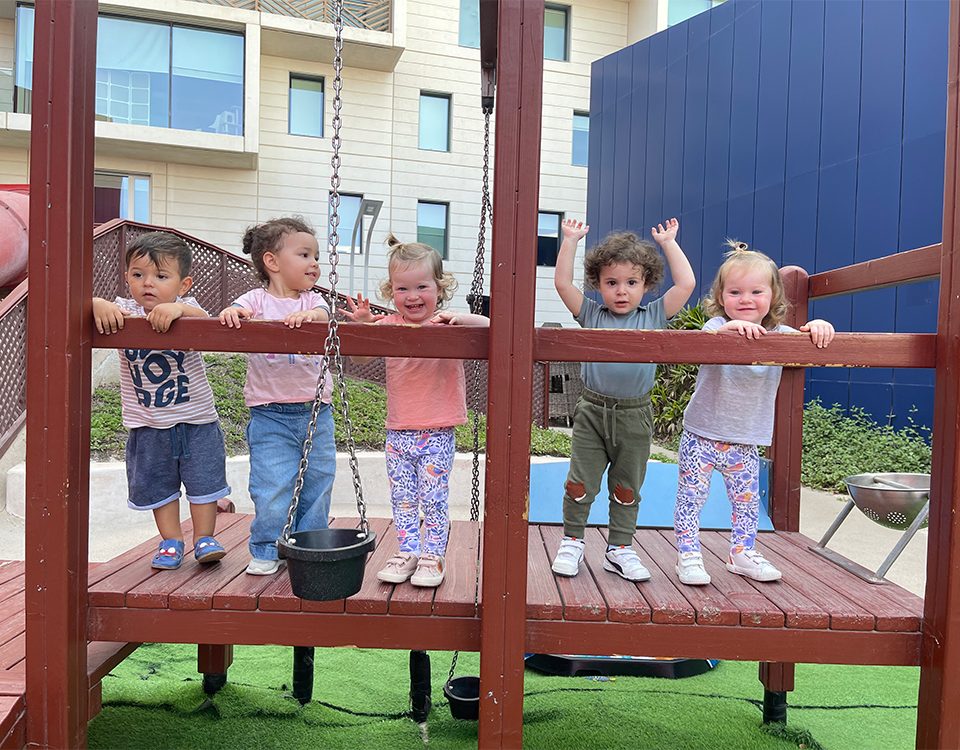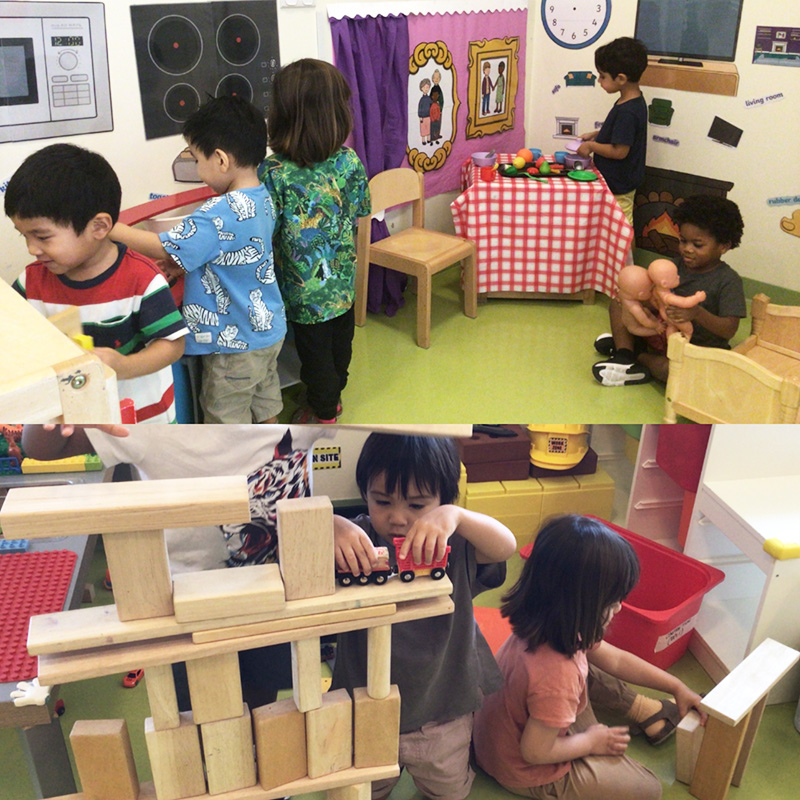


Saadiyat News – September 2021
24/09/2021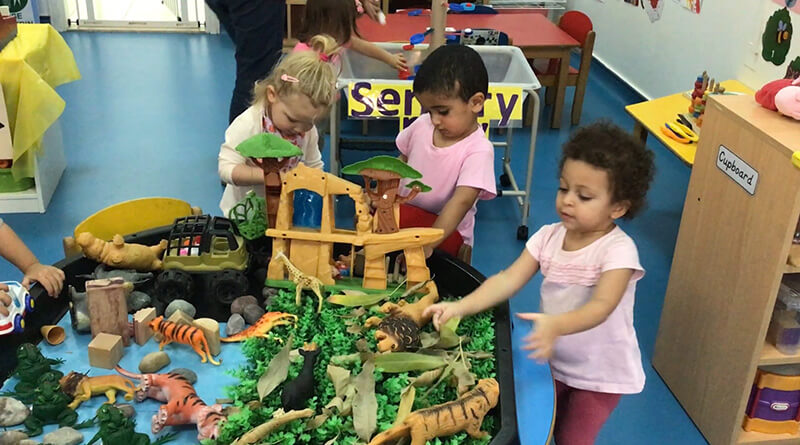


Mehairba News – October 2021
26/10/2021At Bright Beginnings we believe that children learn best through active exploration of their environment. Active learning requires thinking and experimenting to find out how things work and to learn first hand about the world we live in. This is why we place a strong emphasis on providing a safe and caring environment in which children have the opportunity to explore, experiment, discover and ask questions. The activities we plan and the way in which we organise the environment, select resources and interact with the children are all designed to ensure that each child leaves Bright Beginnings with happy memories, a positive self-concept and all the skills that they need for a successful start to school. Structure exists, but the focus is on play and socialization rather than academics. Lessons are carried out through play-based activities that are rooted in basic social skills like sharing, taking turns, self-control, making friends, following instructions and getting along with others.
“Playful learning supports academic outcomes, and also supports positive associations with learning that help children become successful, happy, lifelong learners.” Dr. Craig Bach, vice president of education of The Goddard School.
Our play based learning approach follows the following areas of learning and also supports the types of play the children will be engaged in throughout the day within their learning environment.
-
- Dramatic Play (learning by role-taking/pretending) – explore roles, relationships, skills – the skills needed to be a parent, shopkeeper, doctor and carpenter – including language and numeracy skills, thinking and relationship skills.
- Manipulative Play (learning by touch/feel/manipulating) – to develop mathematical, design, collaboration and negotiation skills (for example building with Lego/blocks etc).
- Sensory Play (learning through senses) – to explore science concepts about volume, capacity, consistency etc. Unless children have first-hand experience of materials and their properties they cannot understand them at a mental level (for example playing with sand and water).
- Creative Play (learning by creating) – the purpose here is to encourage creative expression. What are the experiences, ideas and feelings that children want to express? What are the different ways of doing that? We want to open up the 100 languages of children, rather than limiting them to talking, reading and writing. Creativity creates alert minds that are able to invent and think outside the box (art and craft activities).
- Exploratory Play (learning by finding out) – where children stretch themselves – learn to manage risk – develop a sense of adventure and well-being as well as important physical and mental skills. Physically active play allows children to test and develop all types of motor skills. It promotes significant health and wellbeing benefits (gross motor activities).
- Language Development – Through stories, songs, rhymes. Children love them and they are a real help in developing language, numeracy, rhythm, movement and a sense of community.
We also have a strong tri-lingual program that includes English, French and Arabic taught through play using all of the above approaches.
At Bright Beginnings we use an holistic approach in our play based curriculum – we teach children social responsibility, to appreciate and take care of their environment, to be global learners who have a strong sense of community. We actively engage with our families and foster close relationships with those within our immediate community and further afield.


